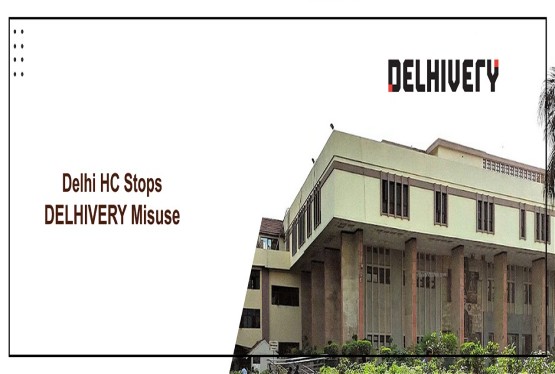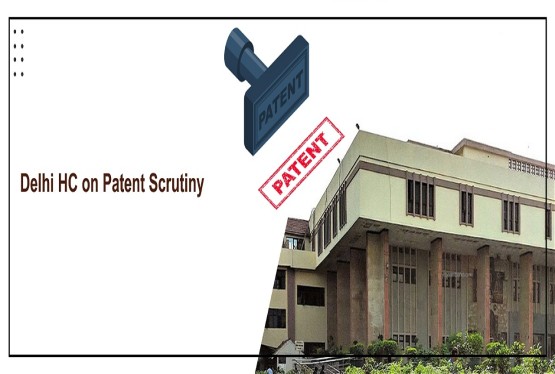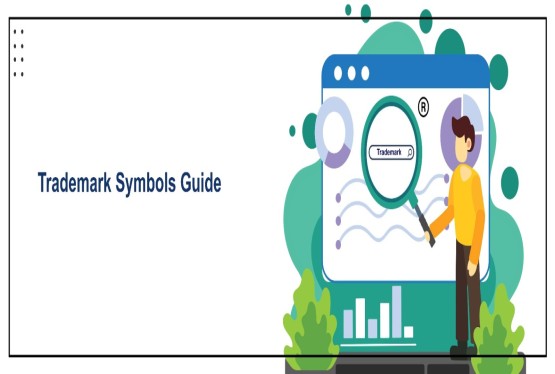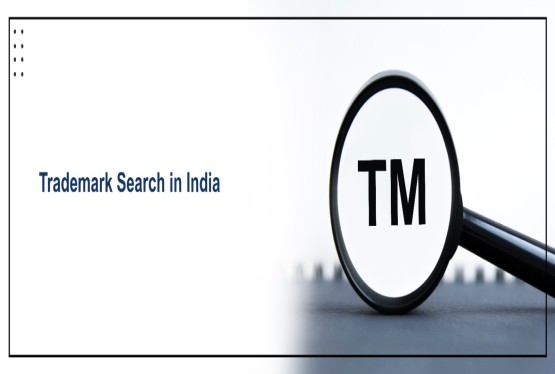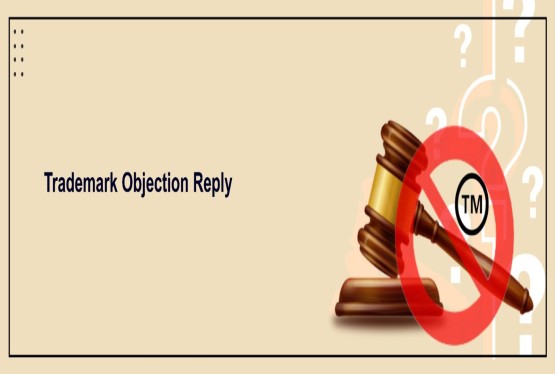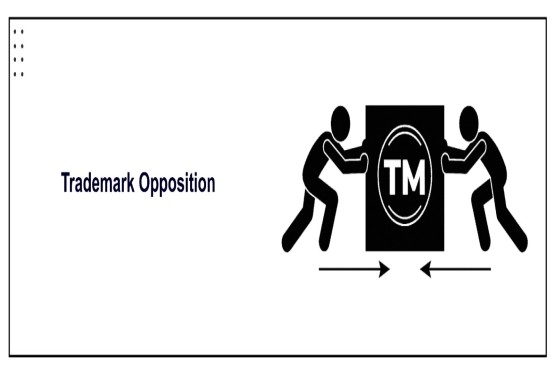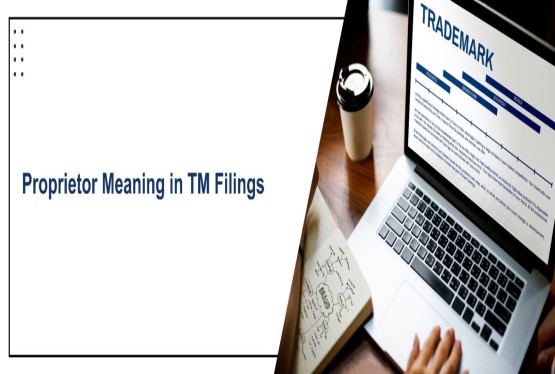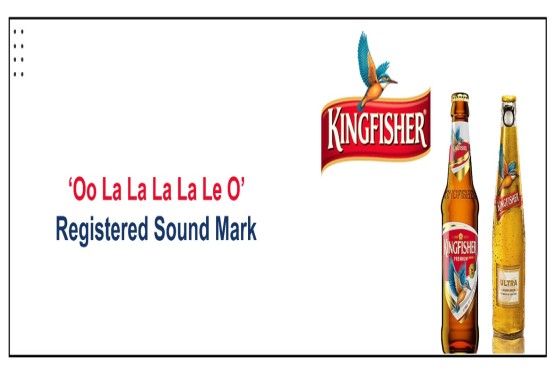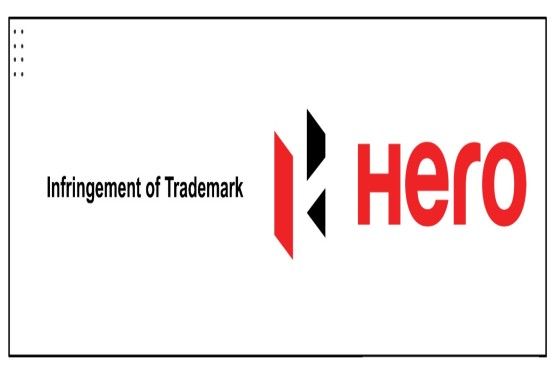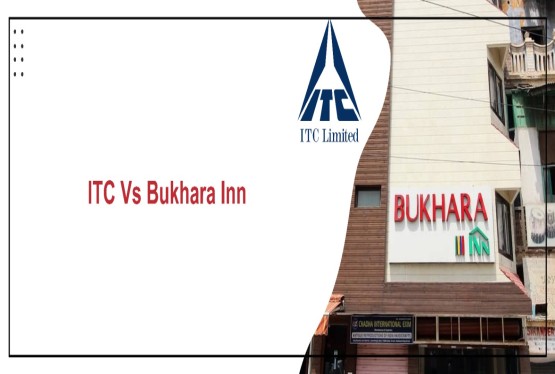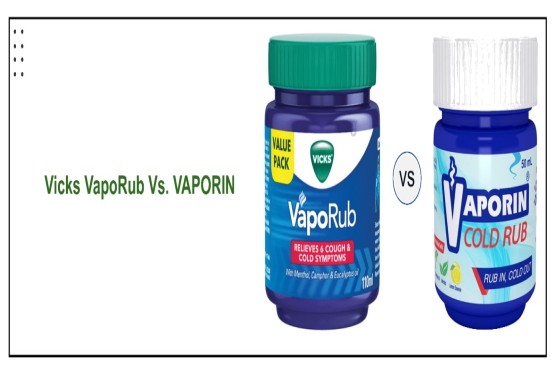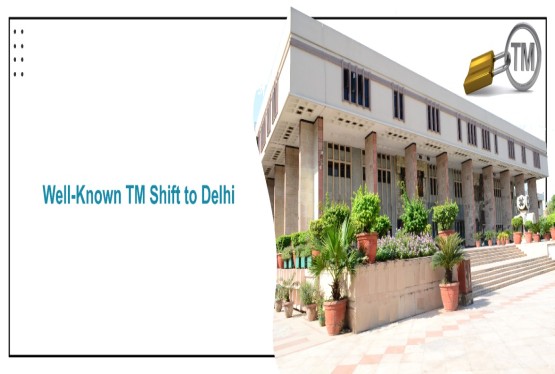The Delhi High Court recently gave an important decision in the case of Hero MotoCorp Limited vs. Urban Electric Mobility Pvt. Ltd. Hero MotoCorp, which is one of India’s biggest two-wheeler companies, went to court to protect its trademark rights. The issue was about the use of the word “DESTINY” and similar names for scooters.
Hero MotoCorp owns trademark registration like ‘DESTINY’, ‘DESTINI’, and ‘DESTINI PRIME’ which are used for its scooters. The problem started when Urban Electric Mobility and its partners began selling electric scooters under the names ‘DESTINY’, ‘DESTINY+’, and ‘DESTINY PRO’. Hero MotoCorp argued that these names were very similar to its own brands and could confuse customers into thinking the scooters came from Hero.
Background of the Case
Hero MotoCorp is the official owner of the trademarks ‘DESTINY’, ‘DESTINI’, and ‘DESTINI PRIME’ in Class 12 (vehicles) and Class 37 (repair/maintenance).
The defendants, under the names Urban E-bikes and Galaxy EV, were:
-
Making and selling scooters with the marks ‘DESTINY’, ‘DESTINY+’ and ‘DESTINY PRO’.
-
Using marks that looked and sounded almost the same as Hero’s trademarks.
-
Even using the word “HERO” in some cases, which could mislead people into believing they were connected with Hero MotoCorp.
Plaintiff’s Arguments (Hero MotoCorp Limited)
Hero MotoCorp told the Court that the defendants were:
-
Trying to take unfair advantage of Hero’s goodwill and reputation.
-
Intentionally confusing customers into thinking their scooters were linked to Hero.
-
Misrepresenting their products, which amounts to “passing off.”
Delhi High Court Ruling
Justice Tejas Karia of the Delhi High Court agreed with Hero MotoCorp and said that:
-
Hero had shown a strong case of trademark infringement and passing off.
-
The balance of convenience was in Hero’s favour.
-
If the defendants were allowed to continue, it would cause serious harm to Hero’s goodwill and market share.
Therefore, the Court passed an injunction order stopping the defendants, their owners, employees and partners from:
-
Making, selling, advertising, or promoting scooters under the marks ‘DESTINY’, ‘DESTINY+’, or ‘DESTINY PRO’, or any other similar name.
-
Using such marks on websites, social media or any other platform.
Relevant Provisions under Trademarks Act, 1999
The Court’s decision is based on the principles of trademark protection under the Trademarks Act, 1999:
Section 28 – Exclusive Rights of the Proprietor
Under Section 28 of the Trademarks Act, 1999, This section grants the registered trademark proprietor the exclusive right to use the mark in relation to the goods or services for which it is registered. It also empowers the proprietor to take legal action against any unauthorized use or infringement and to license or assign the mark, thereby protecting its commercial value.
Section 29 – Infringement of Trademark
Section 29 defines when infringement occurs if a person uses a mark that is identical or deceptively similar to a registered trademark without authorization, in a way that causes confusion, association, or dilution of distinctiveness. It covers both identical goods/services and, in certain cases, even unrelated goods if the mark is well-known.
Section 135 – Empowers courts to grant reliefs in infringement cases, including injunctions, damages, or account of profits.
Section 135 empowers courts to grant both interim and permanent remedies in infringement cases. These include temporary and permanent injunctions, damages or account of profits, delivery and destruction of infringing goods, and award of litigation costs.
Conclusion
This case shows why trademarks are important for any business. They protect a brand’s identity and reputation in the market. The Delhi High Court made it clear that no other company can use names that are confusingly similar to a registered mark. By stopping the defendants from using the “DESTINY” marks, the Court protected Hero MotoCorp’s brand, goodwill, and customer trust.
FAQs
Q1. What was the dispute between Hero MotoCorp and Urban Electric Mobility?
Ans. The dispute arose because Urban Electric Mobility and its partners were selling electric scooters under the names DESTINY, DESTINY+, and DESTINY PRO, which were confusingly similar to Hero MotoCorp’s registered trademarks like DESTINY, DESTINI, and DESTINI PRIME.
Q2. Why did Hero MotoCorp file the case?
Ans. Hero MotoCorp filed the case to protect its trademark rights and prevent customer confusion. The company argued that the defendants were taking unfair advantage of its goodwill and reputation.
Q3. Which classes were Hero MotoCorp’s trademarks registered under?
Ans. Hero MotoCorp’s trademarks DESTINY, DESTINI, and DESTINI PRIME were registered under Class 12 (vehicles) and Class 37 (repair/maintenance services).
Q4. What did the Delhi High Court decide in this case?
Ans. The Court found that Hero MotoCorp had established a strong case of trademark infringement and passing off. It granted an injunction restraining the defendants from using DESTINY or any deceptively similar names.
Q5. Which provisions of the Trademarks Act, 1999 were considered by the Court?
Ans. The Court relied on:
-
Section 28: Exclusive rights of the proprietor.
-
Section 29: Infringement of trademark.
-
Section 135: Reliefs in infringement cases, such as injunctions, damages, and destruction of infringing goods.
Q6. What is ‘passing off’ in trademark law?
Ans. Passing off means misrepresenting one’s goods or services as those of another, thereby causing confusion among consumers. In this case, using names similar to Hero MotoCorp’s trademarks amounted to passing off.
Q7. How did the Court protect Hero MotoCorp’s interests?
Ans. The Court granted an injunction preventing the defendants from making, selling, advertising, or promoting scooters under the marks DESTINY, DESTINY+, DESTINY PRO, or any similar marks.
Q8. What role does Section 28 of the Trademarks Act play in this case?
Ans. Section 28 provides the trademark proprietor with exclusive rights to use the registered mark and to stop unauthorized usage, which was the basis of Hero MotoCorp’s claim.
Q9. Why is this case important for businesses?
Ans. The case highlights that trademark protection safeguards brand reputation and customer trust. It reinforces that courts will not permit others to exploit established brand names through deceptively similar marks.
Q10. What lesson can startups and businesses learn from this ruling?
Ans. Businesses must carefully check for existing trademarks before launching their brands. Using a name similar to a registered mark can result in costly litigation, injunctions, and reputational damage.

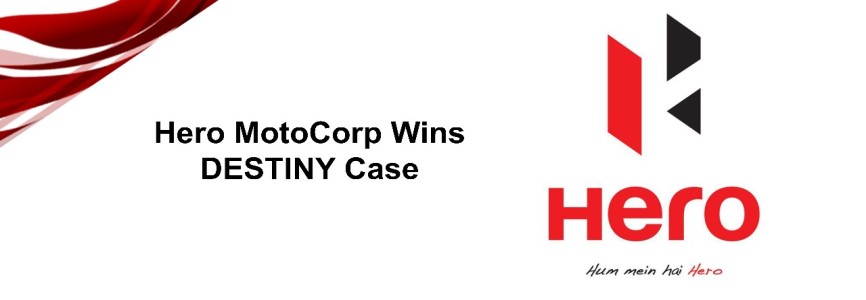




























_(b)_of_the_Trademark_Act,_1999_(1)_crop10_thumb.jpg)



_crop10_thumb.jpg)




























_crop10_thumb.jpg)
_crop10_thumb.jpg)






_crop10_thumb.jpg)








_crop10_thumb.jpg)



_crop10_thumb.jpg)





























_crop10_thumb.jpg)

















_crop10_thumb.jpg)






_crop10_thumb.jpg)












































































































































_crop10_thumb.jpg)




































_crop10_thumb.jpg)












_crop10_thumb.jpg)















































_crop10_thumb.jpg)

































































































